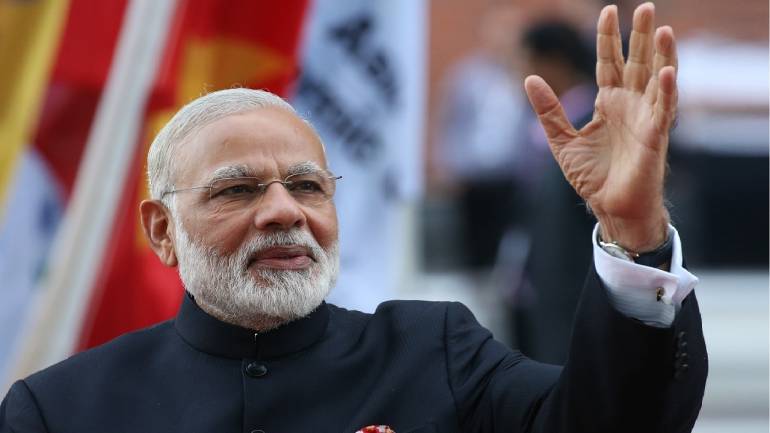Maurice Obstfeld, the outgoing chief economist of International Monetary Fund has praised Modi government for solid economic growth and fundamental economic reforms. “India under the government of Prime Minister Narendra Modi has carried out some really fundamental reforms. These include the Goods and Services Tax (GST), the Insolvency and Bankruptcy Code…A lot of what they have done on financial inclusion has been really important,” Obstfeld said in an interaction with the media. About the economic growth under the last four and half years of Modi government, Obstfeld said, “Growth performance has been very solid”.
Obstfeld also praised the government’s efforts in reforming the banking sector in the country. The bad loans associated with infrastructure projects lent by Non-Banking Financial Companies (NBFCs) have been a legacy of lax regulation by previous governments and RBI. “But as the government is trying to better oversee the banking system, these loans have migrated to shadow banking and that is an area where more needs to be done to contain financial pressures, which we are beginning to see in India,” said Obstfeld.
The 66-year old is set to retire from the post of top economist at IMF in December this year. Obstfeld has served for more than three years as the chief economist. He will resume his second innings as a professor of Economics at Department of Economics at the University of California, Berkeley. Gita Gopinath, 46-year old Indian born American citizen has been appointed as the chief economist at the International Monetary Fund (IMF). She will take the job from January 2019. Currently, she is John Zwaanstra Professor of International Studies and Economics at Harvard University. She has also served as the economic advisor to Chief Minister of Kerala. Gopinath is the second Indian economist to secure top economist post at the IMF. The former governor of RBI, Raghuram Rajan was the first Indian citizen to hold the position. He was at IMF from September 2003 to January 2007.
The policy analysts, economists and corporate houses around the globe have given very positive reviews about the economic policies of the Modi government. Two most important economic reforms have been in the fields of indirect taxation and insolvency process. The GST was waiting for implementation in the policy corridors for almost three decades as the previous governments could not bring all the stakeholders together to implement the uniform indirect taxation. But the Modi government has been able to build consensus for the implementation of GST in one of the most complex markets around the world. GST has been helpful in increasing the number of indirect as well as direct taxpayers. Top economists have predicted that GST will improve the GDP growth of the country by 1-2 percent.
Insolvency and Bankruptcy Code (IBC) has transformed the political economy of the country from ‘patronage based economy’ to ‘rule-based capitalist economy’. Earlier, a huge pile of bad loans was generated termed as ‘twin balance sheet problem’ in Economic Survey. The banks in the country could not lend due to capital shortage and companies did not apply for loans because they were not able to pay back the money borrowed earlier. As bad loans resolution under IBC gained momentum, the Non-Performing Assets (NPAs) has declined over last two quarters of this fiscal year while the credit growth is back on track.
